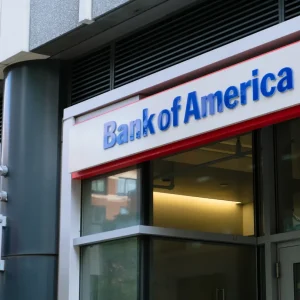
Modo offers a cloud-based utility that works with banks, eCommerce players, networks, processors, and their partners to facilitate interoperability between payment systems.
The payments technology firm claims that as its technology is run in the cloud, scalability and redundancy of the clients’ payments data are enabled. This is done by insulating the clients from changes in APIs and other partner requirements over time, thereby enabling them to change partners whenever desired.
According to Modo, its utility monitors and maintains state changes and ledger updates of all payment systems.
By abstracting the states, the payments technology company claims to track, store, and share payments data between systems without needing its clients to adopt new standards or undertake any system integrations.
Modo founder and CEO Bruce Parker said: “The Modo team is focused on doing the most good for the most people by reducing friction in payments. That is why we do what we do every day, and this partnership with Deutsche Bank is a great opportunity to work with one of the world’s largest payment providers that can implement our technology on a global scale and further our reason for being.”
Deutsche Bank said that the stake in the payments technology firm aligns with its strategy to grow its transaction banking franchise.
The German investment bank expects Modo’s technology to help in expanding its existing digital business-to-business and business-to-consumer payments business.
Particularly, Deutsche Bank expects to extend payments into non-bank payment platforms like Alipay, Paypal, WeChat and M-Pesa beyond traditional banking channels, which means it can enable payment transactions to mobile wallets as well as peer-to-peer networks by using the payments technology from Modo.
Deutsche Bank global transaction banking head John Gibbons said: “Payments are the bloodline of banking. More and more global payments are executed electronically via Fintech and online platforms.
“Our investment and partnership with Modo will help us to provide our corporate and institutional clients with new digital payment functionalities and accordingly more flexibility in facilitating these transactions. Going forward, we will be able to directly process payments to mobile wallets and app-based payment solutions.”






